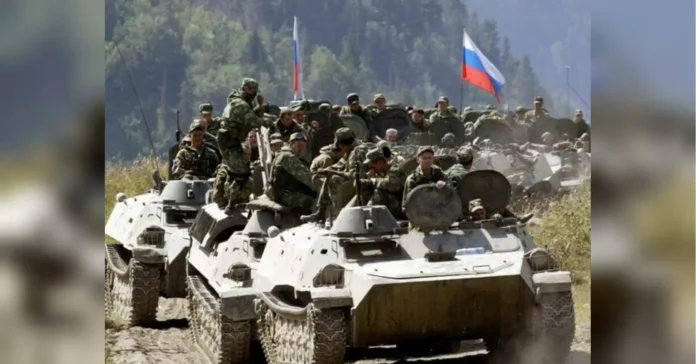According to Christopher Cavoli, the Commander of the U.S. Army in Europe, NATO as a whole needs to significantly expand the military capabilities of its armed forces. In a recent interview, Cavoli highlighted the importance of adapting to the changing security landscape and maintaining a strong deterrent against potential threats.
Cavoli’s call for a stronger NATO comes at a crucial time when the alliance is facing numerous challenges, including a resurgent Russia, instability in the Middle East, and the emergence of new technologies that can be used as weapons. In order to effectively address these challenges, Cavoli argues that NATO must have a modern, capable and flexible military force.
One of the key areas where NATO needs to expand its military capabilities is in the realm of cyber warfare. As technology continues to evolve, cyber attacks are becoming more frequent and sophisticated, posing a significant threat to the security of member states. In response, NATO has started to develop its own cyber defense capabilities, but Cavoli believes that more needs to be done. He suggests that NATO should establish a dedicated cyber command to coordinate and conduct cyber operations, as well as invest in training and equipping its troops with the necessary skills to defend against cyber attacks.
Another area of concern for Cavoli is the readiness of NATO forces. In recent years, there have been concerns about the readiness of some member states to contribute to collective defense efforts. Cavoli believes that NATO needs to address this issue by increasing its military exercises and training, as well as investing in modern equipment and technology. He also emphasizes the importance of a strong and capable reserve force to ensure a rapid response in case of an emergency.
Furthermore, Cavoli stresses the need for NATO to enhance its presence in the eastern flank of the alliance, particularly in the Baltic states. The Russian annexation of Crimea in 2014 and its aggressive actions in the region have raised concerns among NATO members about their security. In response, NATO has increased its military presence in the region, but Cavoli believes that more needs to be done. He suggests that NATO should establish a permanent presence in the Baltic states, which would serve as a strong deterrent against any potential Russian aggression.
Cavoli also highlights the need for NATO to modernize its military infrastructure. This includes investing in new and advanced military equipment, such as long-range precision weapons, unmanned aerial vehicles, and advanced communication systems. He also emphasizes the importance of investing in infrastructure, such as airfields and ports, to ensure a rapid deployment of forces in case of a crisis.
In addition to these military capabilities, Cavoli also stresses the importance of strengthening NATO’s partnerships with non-member states. He believes that NATO should continue to work closely with countries like Ukraine and Georgia to help them build their own defense capabilities and contribute to the overall security of the region.
Cavoli’s call for a stronger NATO is not without its critics. Some argue that increasing military capabilities will only lead to an arms race and further escalate tensions with Russia. However, Cavoli believes that a strong and modern military force is necessary to deter aggression and maintain peace. He also emphasizes that NATO’s focus is not on aggression, but on defense and deterrence.
In conclusion, Christopher Cavoli’s call for NATO to expand its military capabilities is a timely reminder of the changing security landscape and the need for the alliance to adapt and modernize. By investing in cyber warfare, readiness, presence in the east, modern infrastructure, and partnerships, NATO can ensure that it remains a strong and effective force for peace and security in the world. As Cavoli rightly points out, “A strong NATO means a more secure world for all of us.”

